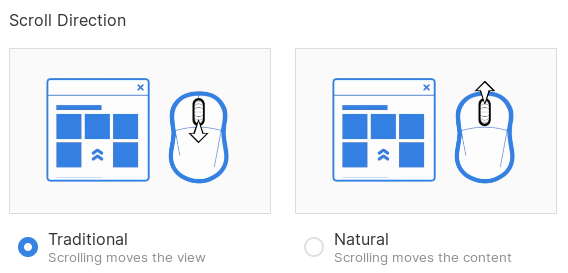182
you are viewing a single comment's thread
view the rest of the comments
view the rest of the comments
this post was submitted on 24 Sep 2023
182 points (96.9% liked)
Linux
48740 readers
1171 users here now
From Wikipedia, the free encyclopedia
Linux is a family of open source Unix-like operating systems based on the Linux kernel, an operating system kernel first released on September 17, 1991 by Linus Torvalds. Linux is typically packaged in a Linux distribution (or distro for short).
Distributions include the Linux kernel and supporting system software and libraries, many of which are provided by the GNU Project. Many Linux distributions use the word "Linux" in their name, but the Free Software Foundation uses the name GNU/Linux to emphasize the importance of GNU software, causing some controversy.
Rules
- Posts must be relevant to operating systems running the Linux kernel. GNU/Linux or otherwise.
- No misinformation
- No NSFW content
- No hate speech, bigotry, etc
Related Communities
Community icon by Alpár-Etele Méder, licensed under CC BY 3.0
founded 5 years ago
MODERATORS

Traditional for everything that isn't a touchscreen. Partly bc it's what I was raised with, partly practical. It's easier for me to two-finger scroll traditionally on a trackpad since it's less finger/wrist movement. If I use natural my fingernails hit the trackpad making the input unreliable, or I end up having to p much move my whole forearm to scroll. So traditional works better for me personally.
I get the idea behind natural scrolling, but there's that level of disconnect for me since I'm not interacting with screen directly, so my brain thinks of it like a mouse instead of like touchscreen. I'm guessing my brain might think of it differently had I been a little younger; I've used computers to some extent all my life, but didn't own a touchscreen device until college.
Idk, natural scrolling on any pointing device trips me up.